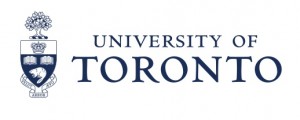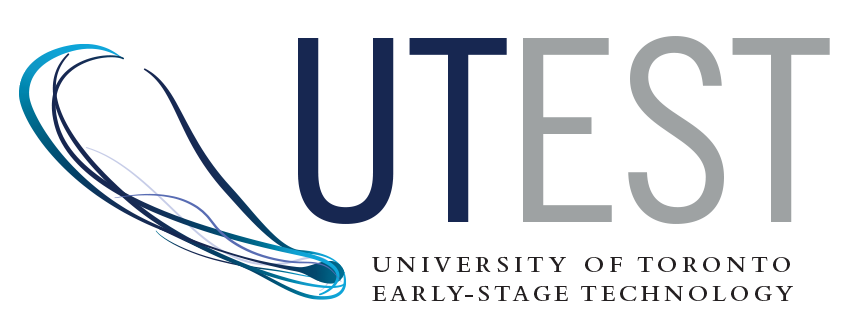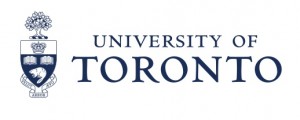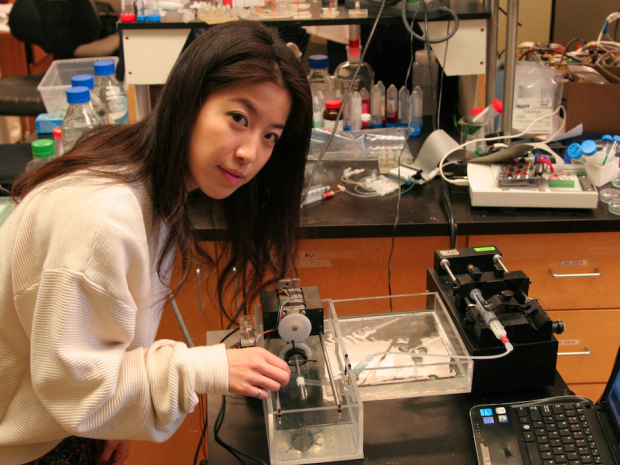UTEST companies and MaRS Innovation partnership recognized along with this year’s honourees

A better keyboard for mobile devices, intelligent traffic lights to tackle traffic jams, a more ecofriendly way to make nanoparticles for applications such as solar cells and agriculture, and an artificial neural network that improves the way computers learn.
These four inventions took top honours May 21 at the University of Toronto Celebrates Innovation event.
Mobile Syrup covered Whirlscape’s involvement in this event. Read the story.
 The annual event, which has previously honoured the university’s top inventors of the year, has widened its scope. This year, in addition to naming the top inventors of the past year, U of T honoured people and companies working on everything from apps to help the disabled to a printer that prints human skin for wound dressing. It also recognized the financial support of the Connaught Fund for several programs that support innovation.
The annual event, which has previously honoured the university’s top inventors of the year, has widened its scope. This year, in addition to naming the top inventors of the past year, U of T honoured people and companies working on everything from apps to help the disabled to a printer that prints human skin for wound dressing. It also recognized the financial support of the Connaught Fund for several programs that support innovation.
“This year is extra special,” said Professor Paul Young, U of T’s vice-president, research and innovation. “We decided to bring into the fold some of the other competitive innovation programs. U of T is home to some of the world’s most creative and entrepreneurial innovators, so these competitions were fierce.”
The 2014 inventors of the year are:
- Will Walmsley, a recent graduate of the Department of Mechanical and Industrial Engineering, who was cited for his development of the Minuum keyboard. Dubbed “the small keyboard for big fingers,” it provides a full keyboard for mobile devices using very little space, allowing users to type quickly and use gesture shortcuts.






